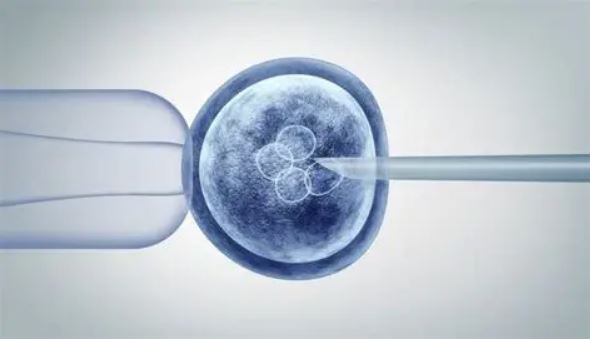In Vitro Fertilisation (IVF) and Intracytoplasmic Sperm Injection (ICSI) are the two main laboratory techniques used to fertilise eggs after collection in an IVF cycle. Both are performed in the embryology lab after eggs and sperm have been prepared. The key difference is in how fertilisation happens. In IVF, eggs and sperm are placed together in a dish and left overnight, allowing the sperm to swim to and fertilise the egg naturally. This approach is usually recommended when sperm count, motility, and morphology are normal, there is no male infertility, and previous IVF cycles showed normal fertilisation. IVF allows natural sperm selection, making it more physiologically aligned.
In ICSI, an embryologist selects a single sperm and injects it directly into each mature egg under a microscope. ICSI is often recommended when there is male factor infertility, sperm has been frozen or surgically retrieved, previous IVF cycles showed poor fertilisation, eggs will undergo genetic testing (PGT-M), or when only a few viable sperm are available. Sometimes both IVF and ICSI are used on separate groups of eggs in the same cycle. Once eggs are collected, in IVF they are mixed with sperm in a petri dish and incubated for 16–18 hours, while in ICSI a single sperm is injected directly into each mature egg. Only mature eggs can be fertilised. The following day, fertilisation is confirmed by the presence of two pronuclei (2PN), one from the egg and one from the sperm.
Not all eggs fertilise, even with ICSI. Reasons may include lack of binding between egg and sperm, immature eggs or sperm, DNA abnormalities, egg damage during ICSI, or failure of the egg–sperm activation process. Abnormal fertilisation can also occur, such as 1PN (one pronucleus, possibly parthenogenetic) or 3PN/more (polyspermy or duplication of egg DNA). These embryos are chromosomally abnormal and cannot be used. While IVF and ICSI are generally safe, there are some risks. In rare cases, severe male infertility may be genetic and could be passed on to male offspring via ICSI. Around 5–10% of mature eggs may not survive ICSI injection, particularly if egg quality is compromised.
At Almond Blossoms Fertility Clinic, we use advanced equipment, strict quality controls, and expert embryology skills to minimise risks and optimise fertilisation outcomes. Choosing between IVF and ICSI is a collaborative decision. Our medical and embryology team will review your case, recommend the most suitable method, and guide you from egg collection through embryo transfer, ensuring you feel informed, supported, and cared for at every stage of your fertility journey.

Sed ut perspiciatis unde omnis iste natus error sit voluptatem
Book a private session with our fertility experts or psychologists. We’ll listen, understand your needs, and help you take the first step toward care that’s truly tailored to you.
We offer advanced fertility and psychological assessments to better understand your reproductive or emotional health- laying the groundwork for a plan that fits you.
Based on your needs, we design a plan that’s medically sound, emotionally supportive, and completely customized- whether you’re pursuing treatment, therapy, or both.
With expert care and a compassionate team by your side, you’ll begin a journey that supports your body, your mind, and your future- every step of the way.
Our assisted reproduction services offer advanced fertility solutions like IVF and IUI, tailored to your unique needs. With expert care and cutting-edge technology, we help you take confident steps toward parenthood.



